In an unprecedented move for Argentine football, River Plate has launched an innovative financial strategy, securing a significant $20 million in private investment. This bold step is made possible through the creation of the 'Club River Plate Financial Trust.' This strategy is set to redefine how football clubs in the country approach financing their development projects.
The club plans to use these funds for a range of major infrastructure projects, key among them being the renovation of their iconic Estadio Monumental. Additional plans include the development of a multi-sport complex aimed at supporting various sports like hockey, futsal, handball, and volleyball. Adding to that, the club also has ambitious plans to establish an educational facility and create six youth football pitches.
The Trust Fund Structure
This project is structured as a 30-month investment vehicle, promising returns of 9% annually above Argentina's high inflation rate. Investors are expected to see these returns in quarterly payments. The trust requires a minimum investment of 10 UVAs, roughly equivalent to 12,000 pesos or $10.35. Such terms make it attractive to both independent investors as well as the club's vast army of fans.
Portfolio Personal Inversiones (PPI) is the placement agent for this financial vehicle and has emphasized the financial strength of the club and its colossal global fanbase of 20 million as essential factors that ensure the offering's viability. River Plate’s treasurer, Andrés Ballotta, described the scheme as a 'disruptive event,' while PPI's Augusto Posleman praised the trust for offering competitive yields that appeal to both passions and profits in equal measure.
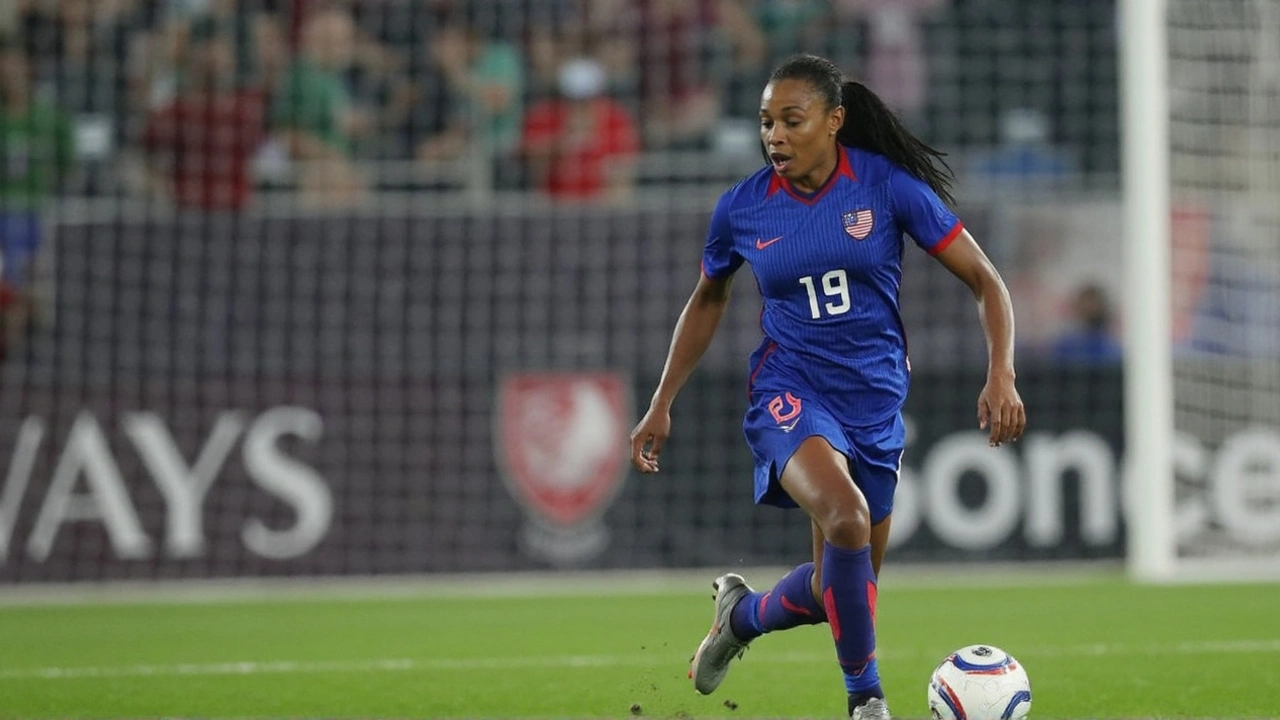
Navigating Football Politics
This financial maneuver comes at a time when the football industry in Argentina is at a crossroads, with significant debates around the potential privatization of football clubs. President Javier Milei has been advocating for a transformation of clubs into corporations, known as Sociedad Anónima Deportiva (SADs). However, the Argentine Football Association (AFA) stands firm against this shift. By using a trust fund model rather than converting into a corporate entity, River Plate skillfully navigates these regulatory waters while unlocking new streams of private capital.
Aside from setting a potential precedent for other clubs, the move also reflects the broader economic challenges in Argentina, where inflation is expected to hit over 230% in 2024. This has naturally prompted clubs to explore alternative models to stay competitive on the global stage, especially against financially stronger Brazilian and European clubs.
With a robust membership of 350,000 and millions of supporters worldwide, River Plate is well-placed to become a trailblazer in transforming football club financing in South America. Their ability to capitalize on this global support could reshape how clubs across the continent approach funding in the future.

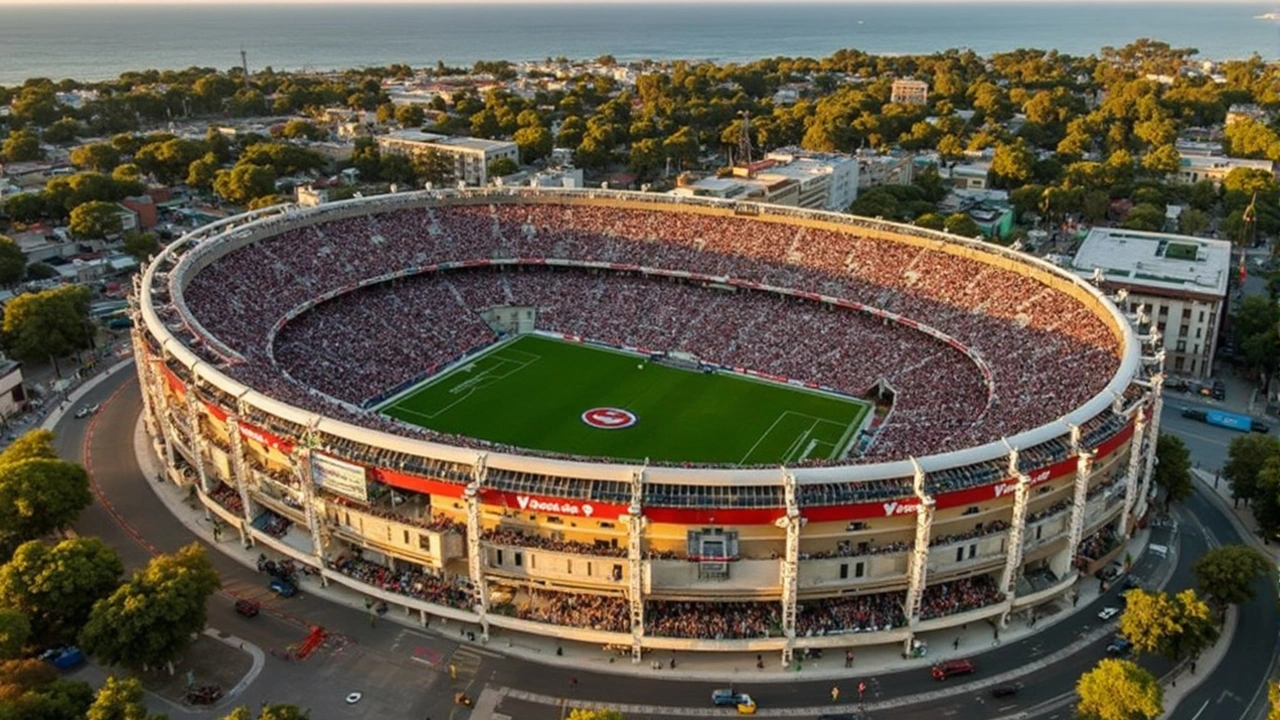

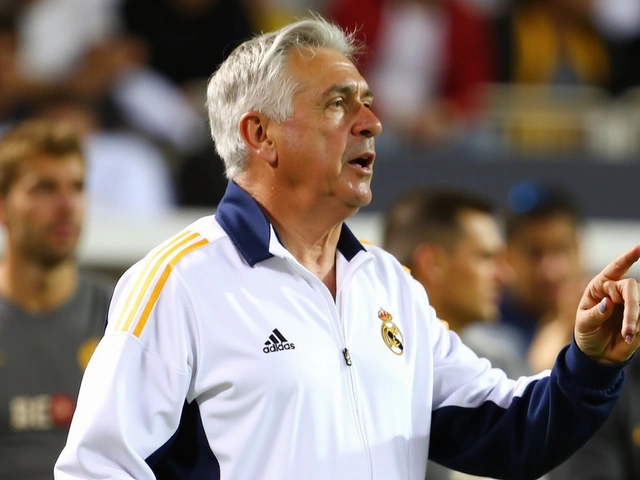
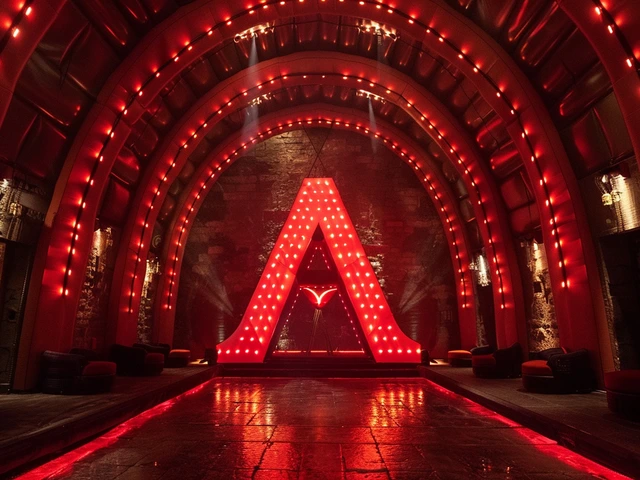
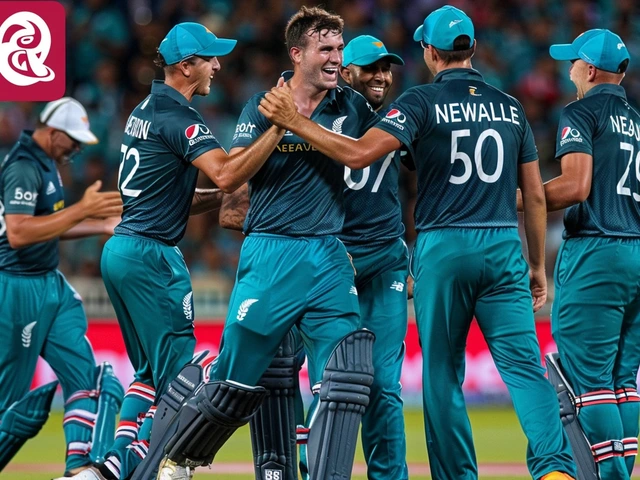
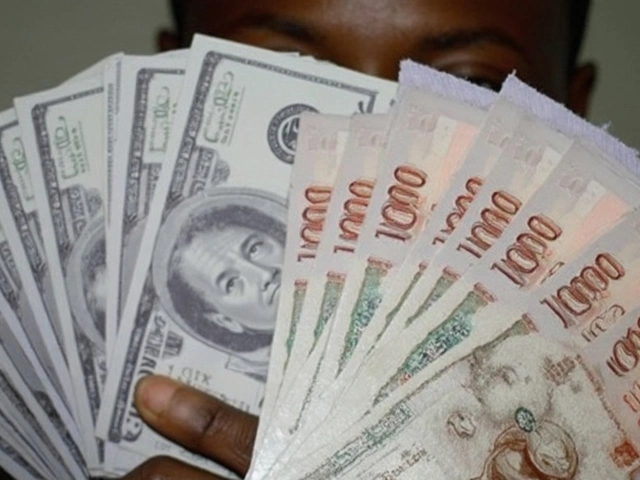
Rahul Sharma
March 26, 2025 AT 17:03 PMHonestly, the structure of this River Plate Financial Trust is a textbook case of modern sports finance, and it’s exhilarating! The 9% annual return above the already astronomical inflation rate, delivered quarterly, is practically a cash‑flow miracle for investors; the fact that the minimum stake is just 10 UVAs makes it accessible to a broad fan base, which in turn deepens the club’s financial moat. Moreover, the involvement of Portfolio Personal Inversiones as the placement agent adds a layer of credibility that cannot be ignored; they’ve framed the club’s massive global following as a tangible asset, not just a marketing slogan. In short, this is a bold, well‑engineered move that could set a precedent across South America.
Emily Kadanec
March 26, 2025 AT 17:05 PMThats a sweet deal.
william wijaya
March 26, 2025 AT 17:06 PMYo, this is the kind of strategic capital infusion that turns a club’s infrastructure dreams into a scalable reality. Renovating the Estadio Monumental isn’t just about seats; it’s about creating a multi‑sport ecosystem that leverages synergies across hockey, futsal, handball, and volleyball. The trust model sidesteps the corporate SAD debate while still unlocking private equity, which is a masterstroke in financial engineering. It’s a drama unfolding on the pitch of economics, and we’re all watching the play‑by‑play unfold.
Lemuel Belleza
March 26, 2025 AT 17:08 PMIt’s just another cash grab.
faye ambit
March 26, 2025 AT 17:10 PMFrom a philosophical standpoint, the trust represents an intriguing convergence of communal passion and individual investment. By inviting fans to become stakeholders, River Plate blurs the line between supporter and benefactor, fostering a sense of shared destiny. This model could inspire a broader dialogue about how sports entities serve as cultural institutions while navigating economic realities. It is essential, however, to ensure that the pursuit of profit does not eclipse the club’s core values and social responsibilities.
Subhash Choudhary
March 26, 2025 AT 17:11 PMTotally agree – it’s cool to see the fans getting a slice of the action without the club turning fully corporate. The trust feels like a win‑win for both the community and the investors.
Ethan Smith
March 26, 2025 AT 17:13 PMThe precision of the financial terms, such as the quarterly payout schedule and the minimum investment threshold, indicates a well‑structured offering. It aligns the interests of investors with the club’s developmental milestones, thereby creating a transparent and accountable framework.
Evelyn Monroig
March 26, 2025 AT 17:15 PMDon’t be fooled – this is just the elite’s way of laundering fan loyalty into corporate cash while pretending it’s a grassroots initiative. The whole thing reeks of a hidden agenda, and before you know it, the club’s identity will be sold to the highest bidder.
Gerald Hornsby
March 26, 2025 AT 17:16 PMBanking on nostalgia, huh? 😏
Hina Tiwari
March 26, 2025 AT 17:18 PMi think its nice that they are triyng to improve the stadium and support different sports. hope it works well for all fans!
Carol Wild
March 26, 2025 AT 17:20 PMOne must first acknowledge that the very notion of a football club engaging in a private trust mechanism is, in itself, a symptom of the grandiose decay that has befallen modern sport, a decay so profound that it mirrors the slow, insidious erosion of democratic institutions worldwide; the $20 million injection, while seemingly generous, is cloaked in a veneer of altruism that, upon deeper inspection, reveals an undercurrent of plutocratic aspiration, a silent pact between the affluent and the elite fanbase, undeniably reminiscent of the hidden cabals that have historically puppeteered global finance; furthermore, the guarantee of a 9 % return above an already absurd inflation rate is not merely an attractive financial proposition but a calculated enticement designed to mask the true cost of commodifying cultural heritage, as if the soul of River Plate could be quantified in quarterly dividends; the involvement of Portfolio Personal Inversiones, a name that sounds more akin to a shadowy brokerage than a transparent steward, adds another layer of intrigue, prompting one to wonder about the opaque channels through which this capital will flow, what hidden fees might be siphoned, and which unseen hands will ultimately benefit; as we contemplate the multi‑sport complex, the educational facility, and the youth pitches, we must ask whether these projects are genuine community investments or merely venues for brand amplification, designed to cement loyalty while extracting ever‑greater financial devotion; the political context, featuring President Javier Milei’s push for SADs, further complicates the picture, as River Plate’s choice of a trust instead of a corporate conversion could be interpreted as a strategic circumvention of a reform that threatens to privatize the very essence of football clubs; but one cannot ignore the stark reality of Argentina’s hyperinflation, a phenomenon that has historically been weaponized by elites to destabilize economies, making any financial instrument, no matter how well‑intentioned, suspect; therefore, this initiative, while heralded as a “game changer,” may well be a prelude to a deeper entanglement of sport, finance, and power, a triangulation that serves the privileged few at the expense of the many, and we must remain vigilant, lest we witness the quiet surrender of our beloved clubs to the inexorable tide of capitalist domination.